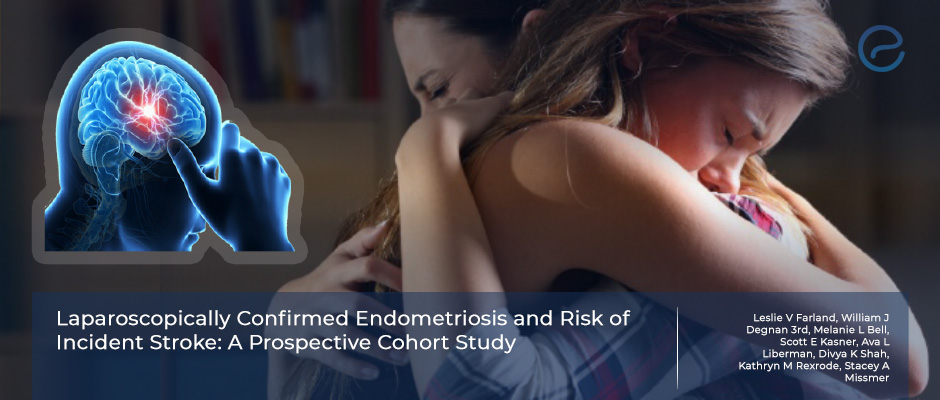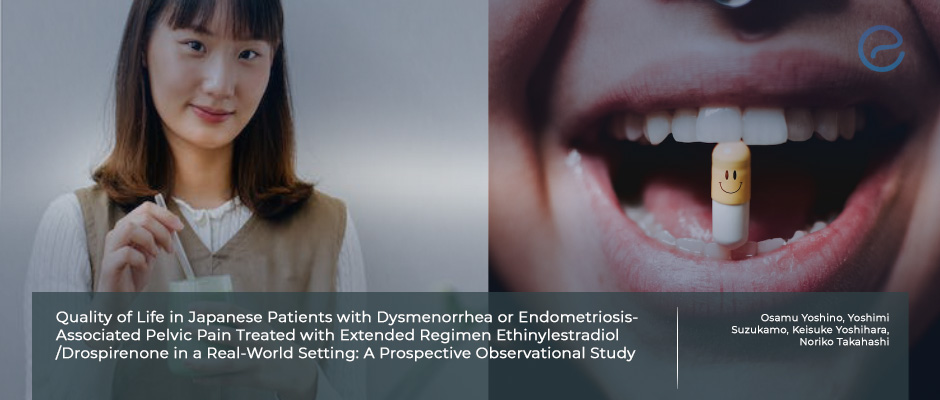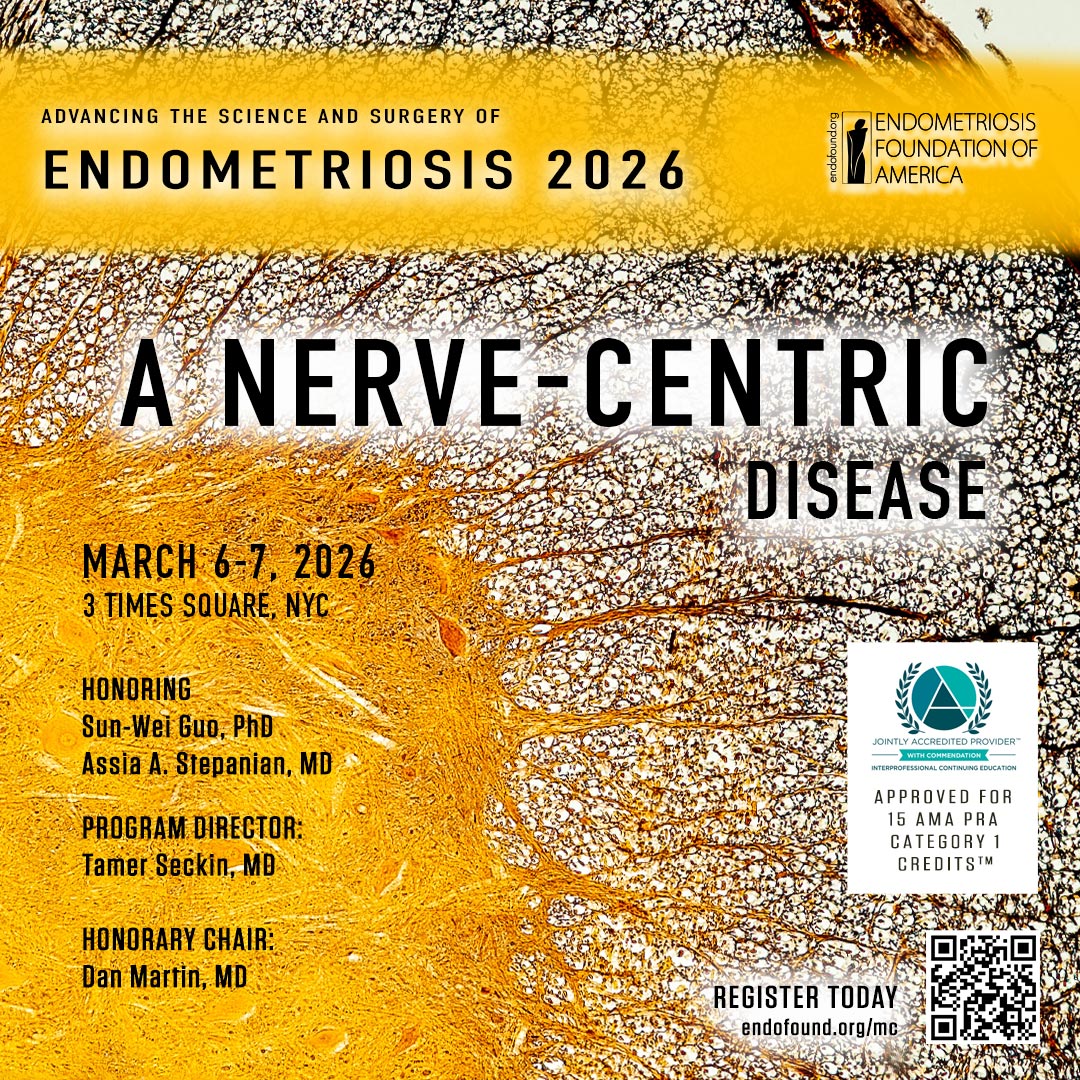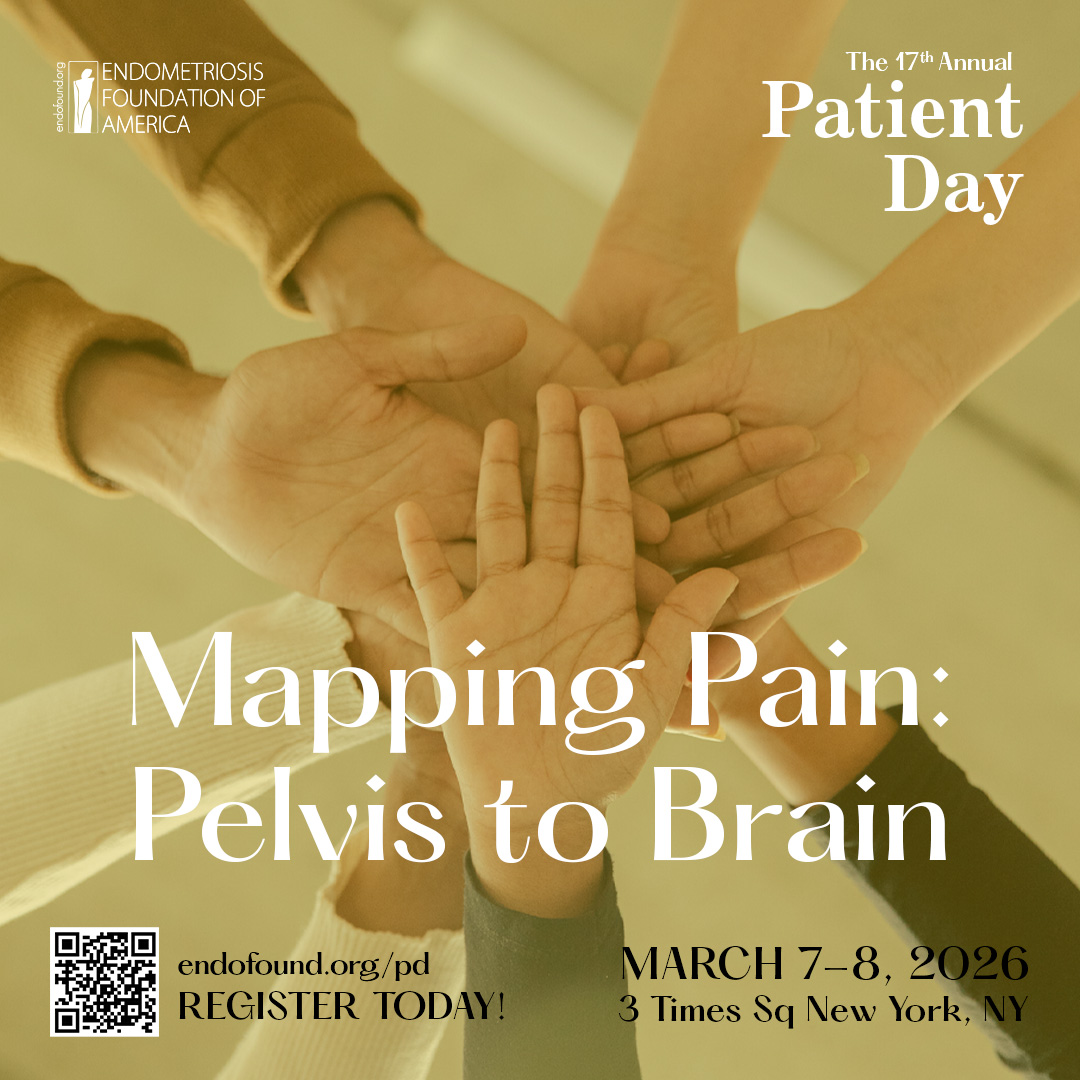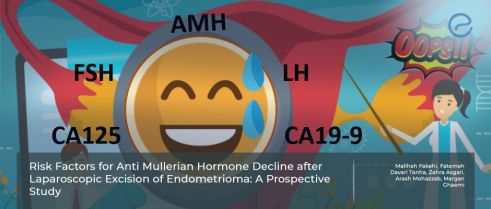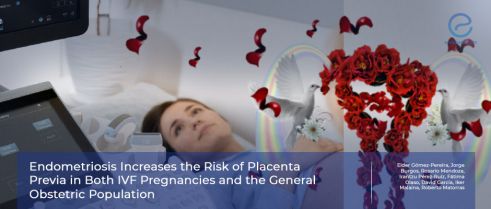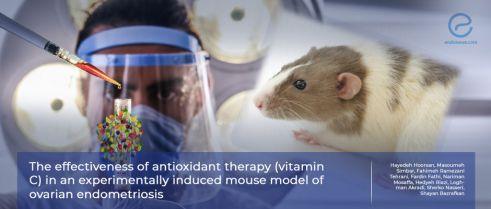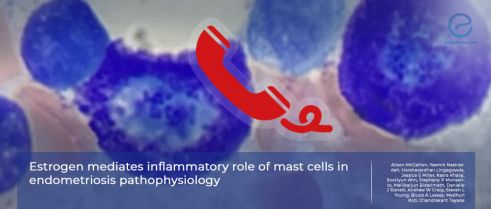Do endometriosis patients have increased risk of stroke?
Endometriosis patients have an increased risk of stroke, a recent prospective study reveals.
Key Points Lay Summary
Pelvic pain characteristics in young girls with endometriosis.
Endometriosis pain has multidimensional features and it is important in adolescents and young adults.
Key Points Lay Summary
Combined Birth Control Pills May Be Beneficial in Reducing Endometriosis Pain
This is according to the results of a clinical trial sponsored by Bayer.
Key Points Lay Summary
Turn around to come to the same spot: Nothing specific to predict AMH decline
AMH decline after endometrioma surgery is NOT related to surgery.
Key Points Lay Summary
Endometriosis Prediction by "Machine Learning"
Pertinant machine learning models and their incorporation into the clinics may help to decrease the latency in endometriosis diagnosis.
Key Points Lay Summary
Placenta Previa More Common Among Pregnant Women With Endometriosis
In vitro fertilization seems to have no effect on this finding.
Key Points Lay Summary
Vitamin C as a possible therapeutic agent in endometriosis
An experimental mouse study indicates Vitamin C has favorable effects on endometriotic lesions
Key Points Lay Summary
A call for mast cells from endometriotic lesions
What is to blame? Mast cell?
Key Points Lay Summary
